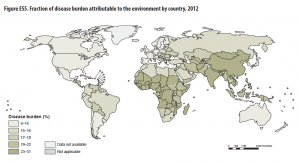
Our Broken Environment Kills a Quarter of Us
The lead in the water in Flint, Mich., is a devastating reminder of how closely human health is intertwined with the environment. While the Flint crisis may

The lead in the water in Flint, Mich., is a devastating reminder of how closely human health is intertwined with the environment. While the Flint crisis may
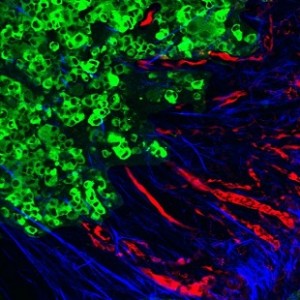
Emerging evidence suggests that metastasis the spread of cancer from one organ or tissue to another—is aided by a significant remodeling of the cancer cells’

A new study jointly led by the University of Southampton and King’s College London has found a link between gum disease and greater rates of
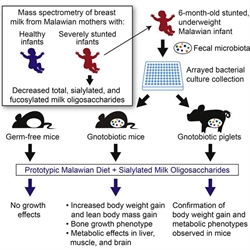
The evidence continues to mount over the importance of the human microbiome—especially within the intestinal tract—for supporting optimal growth and overall health and wellness. Over

Economic booms and improved transportation may come with a costly downside: increased transmission of viral diseases. Adda studied 25 years of weekly disease surveillance reports
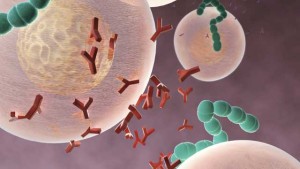
There is a growing reproducibility problem across the life sciences. The retraction rate of published papers has increased tenfold over the past decade, and researchers
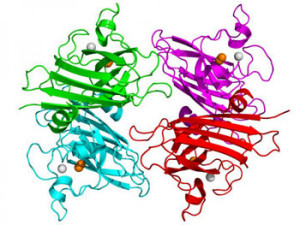
Selective delivery of copper (Cu) to the central nervous system effectively treats the motor neuron disease amyotrophic lateral sclerosis (ALS) in the most widely used

Researchers from University of California, Santa Barbara and UCLA report that millions of Americans labeled overweight or obese based on their body mass index (BMI)

In numerous clinical trials, researchers have injected patients with various types of progenitor cells to help heal injured hearts. In some cases, subjects have ended
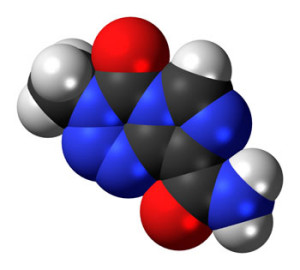
Cancer researchers have linked development of resistance to the anticancer drug temozolomide by glioblastoma multiforme (GBM) brain cancer cells to the activity of the RhoG-specific
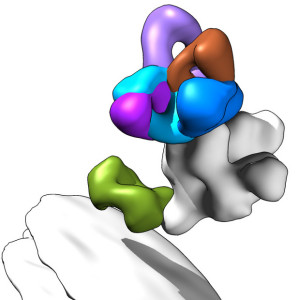
From blood samples of survivors of a 2007 Ebola outbreak in Uganda, researchers have isolated antibodies that are protective and can neutralize two other species
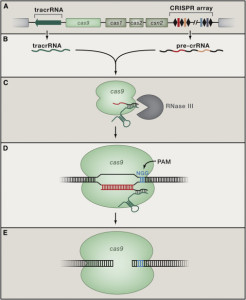
It’s hard to recall a revolution that has swept biology more swiftly than CRISPR. Just 3 years ago, scientists reported that the CRISPR system an
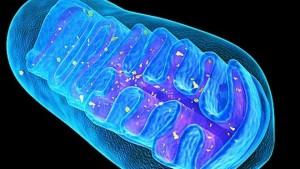
Mitochondria contain proteins encoded by the nucleus and by their own mitochondrial genome. Sometimes protein synthesis within the mitochondria goes wrong, which can damage both

Doctors wrote 259 million opioid prescriptions for Americans in 2012, enough to medicate every adult in the country. Drug overdoses are eclipsing car crashes as a leading cause of accidental death for
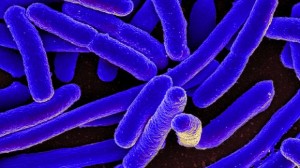
When animals eat, gut bacteria numbers spike. It also appears that the organisms have a means of limiting growth: by sending signals to their host
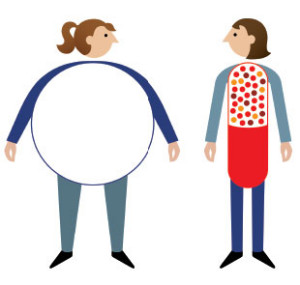
Several years ago, antiobesity drug development was not looking so hot. In 2007, Sanofi-Aventis failed to win US Food and Drug Administration (FDA) approval for

A commonly prescribed antidepressant exerts epigenetic effects that may provide a useful biomarker of whether the drug works in patients. A team led by researchers
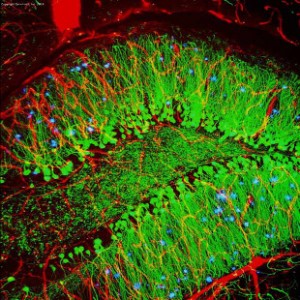
Removing built-up plaques of amyloid-β in the brain is a long-sought therapy for patients with Alzheimer’s disease, but for a variety of reasons, few treatments
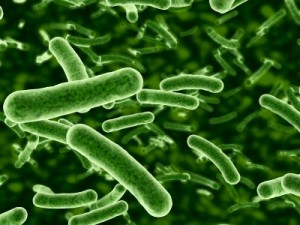
T cell infiltration of solid tumors is associated with favorable patient outcomes, yet the mechanisms underlying variable immune responses between individuals are not well understood.

We live in a world flooded with light 24 hours a day. Before our recent harnessing of electricity, light was a reliable indicator of seasonal
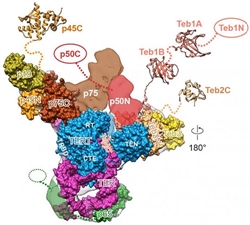
Years after Elizabeth Blackburn, Ph.D. won the Nobel Prize for her seminal work on the molecular nature of telomeres and co-discovery of the ribonucleoprotein enzyme
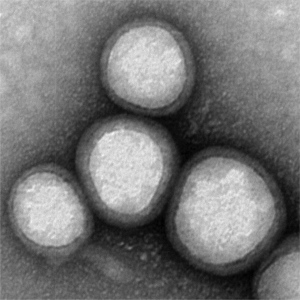
Researchers say that they have found a way to smuggle drug-carrying nanoparticles past the body’s immune system: by camouflaging them to look like cell fragments

Researchers say that they have found a way to smuggle drug-carrying nanoparticles past the body’s immune system: by camouflaging them to look like cell fragments

A revolutionary way of making stem cells claimed last year by Japanese and US researchers never existed in the first place. That is the conclusion

Helicobacter pylori causes stomach ulcers and is linked to gastric cancer. How does this microbe survive in the destructive environment of the stomach? Huang et
Created by ePubSystems. Contact Us for similar site for your university or institute.